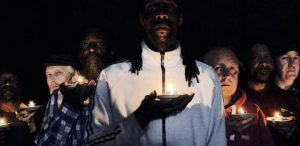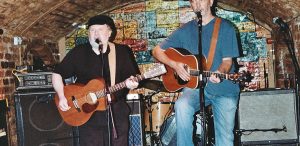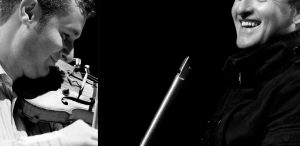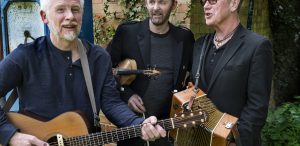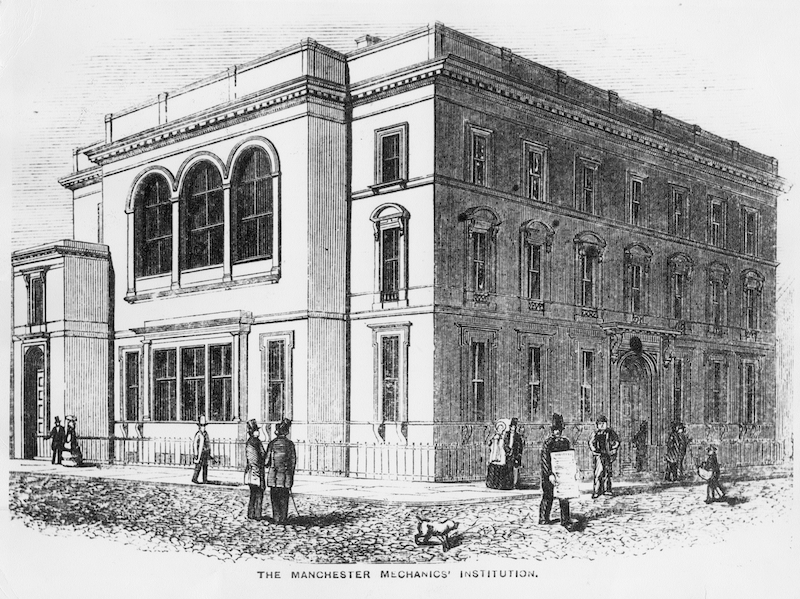
Men, Women, Unions and Songs: A background to the 150th anniversary TUC celebrations
When trade unionists met for the first Trades Union Congress at Manchester’s Mechanics Institute in 1868, their intentions were to strengthen trade alliances, ensure the working classes figured in Parliamentary matters, and initiate an annual congress thereafter. Those simple measures set in motion 150 years of allied union activity, that continues today through music and countless other sectors of UK industry.
In the decades prior to this historical summit, Manchester had been a national centre for the production of Broadside ballads: topical ‘story-songs’ often composed to well-known tunes, cheaply printed and widely sold among the working classes. Of these there were ‘Manchester ballads’, a regional strain of the ‘penny broadside’ that pertained to the social movements, industrial works, political events, revelries and tragedies of the city and its civilians. The 1893 formation in Manchester of a union specifically for musicians, was the final bond that tied Manchester, folk music and the TUC together. All this before the 20th century has begun!
It’s a deep and fascinating history, which has often revolved around people from Greater Manchester. People like the remarkable Betty Tebbs, who in discovering poor conditions and rife inequality through her first job at East Lancashire Paper Mill in the 1930’s, joined a trade union, fought for reform and brought about positive change for her female colleagues. It’s also a strongly artistic history. Take the world-renowned songwriter Ewan MacColl, who with his first wife Joan Littlewood established the Theatre Union and who wrote songs such as Dirty Old Town about his boyhood home and The Manchester Rambler about the trespass of Kinder Scout.
Mark Radcliffe recently described the folk song as “an expression of the lives of ordinary people, one which gives them a voice”. As the folk song gave a voice to ordinary men and women, the TUC became the voice of their trade unions. It’s a significant and enthralling aspect of civil history that we’re proud to commemorate with a series of unique folk concerts at the Mechanics Institute in June. More artists are soon to be announced, but Mike Harding, Oysters 3, Bunting and Frolics, Edward II and Jennifer Reid are already enlisted to perform. Also the birthplace of the Co-operative Insurance Society and UoM Institute of Science & Technology – the Mechanics Institute is the ideal venue for such a celebration.








